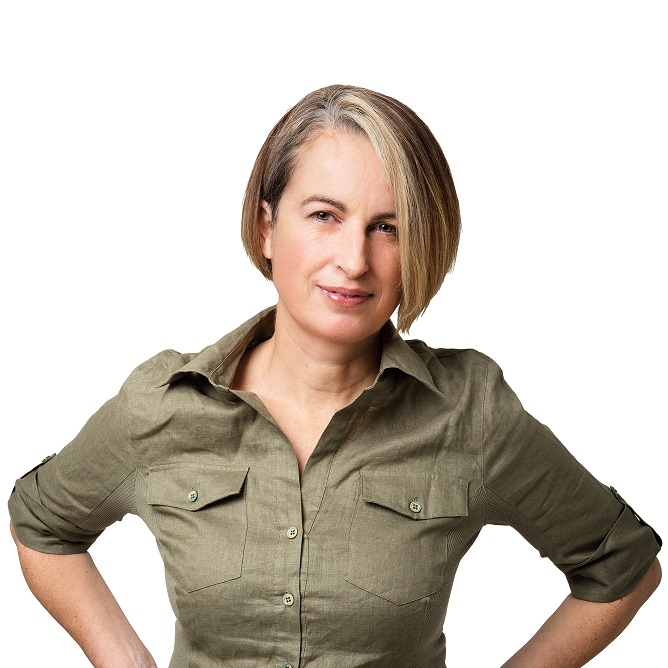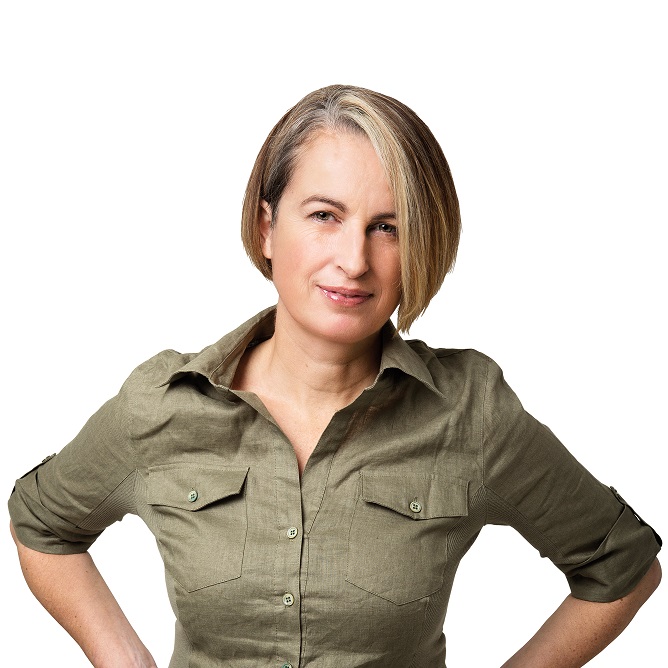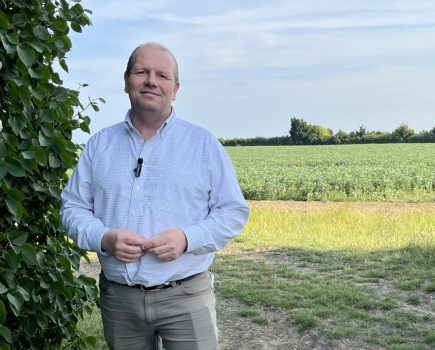 As journalists, most of the words that spill onto the page reflect the views and opinions of others. In many ways this column piece is far more challenging to write because it’s a reflection of me. Words often swirl just out of reach and then choose to rush into my head at the most inopportune times, usually in the middle of the night! As this is my last word, at least for now, it’s going to come straight from the heart.
As journalists, most of the words that spill onto the page reflect the views and opinions of others. In many ways this column piece is far more challenging to write because it’s a reflection of me. Words often swirl just out of reach and then choose to rush into my head at the most inopportune times, usually in the middle of the night! As this is my last word, at least for now, it’s going to come straight from the heart.
Farming is probably one of the most stressful professions because so much is down to chance. You can do everything right and then, wham, the weather has snookered you and all you can do is watch. Right now, there are other factors at work which are equally uncontrollable. It’s little surprise that anxiety and depression are rife and it’s these hidden illnesses and disabilities that are incredibly important to me because I have one.
Fourteen years ago next month I got up as normal without an inkling that my life was about to change. An hour later I was sitting on a damp piece of grass with a towel held to my head as, rather impressively, an ambulance, first responder and air ambulance all arrived at the same time. Totally unaware I’d done a number on myself, I was complaining bitterly that I should be allowed to get up and catch the errant horse who was probably now endangering life on the lane, just as the school run was about to take place.
Just 10 minutes earlier I’d been leading a rather frisky thoroughbred who took off up the drive. I made a split-second decision not to let go of the rope. Big mistake. As a result, I was dragged over a stony track which split my skull like an egg and rattled by brain so hard from one side to the other that it tore from its mooring. Roll on another hour and I’d quit complaining that everyone was making a fuss, partly because I was retching every few minutes but mostly because the pain in my head was now indescribable.
So why am I telling you all this? Because I suffered two severe bleeds on my brain which left me with a brain injury that, unless you’re eagle eyed enough to spot my craniotomy scars, to all intents and purposes you wouldn’t know the effect it has on me – it’s my hidden disability. And so it is for people with mental health problems – you just can’t see what’s going on inside from looking at the outside. And because it’s awkward, it’s not talked about. If you’re going through this, it’s okay not to be okay.
I am okay but I know I soon won’t be unless I take some time out. I was incredibly fortunate with my brain injury in that it mostly slows down my speed of executive processing. Fortuitously that has given me a very effective interview technique which Tom once told me he thought I’d honed on purpose to get people filling a pause that was often a little longer than is comfortable in normal conversation. No, this is just by brain taking longer to process the information. Conversation really is very demanding on my executive powers, but it goes to show every cloud has a silver lining!
It’s also really important not to let your hidden illness/disability define you. I used to introduce myself with ‘Hello I’m Lucy, I have a brain injury’. It was an attempt to explain why the words coming out of my mouth weren’t necessarily the ones I’d chosen in my head. When I became more comfortable with the fact that I could come out with the most hilarious faux pas, I stopped defining myself by it – I wasn’t going to become my brain injury, I was still me.
If I have a message for my fellows who have something broken on the inside, always believe that things will get better. I’m living proof that can happen. But also be realistic about what’s achievable because when the balance is wrong (something I’m guilty of) everything can come crashing down – Charlie’s thoughtful words on p4 of this issue illustrate this perfectly.
There have been people along the way who have really supported me. Right at the start of my recovery, Hutchinsons’ Paul Hobson put faith in me to help a trainee agronomist through BASIS. Those few hours a week gave me hope. Later Catherine Linch at Pinstone Communications was incredibly understanding as the part-time role I’d taken on proved to be too much too soon. At CPM I’ve been incredibly supported by Tom, who always understood when I needed a quiet month but at the same time allowed me to grow as a journalist. Then there’s Charlie, I think we’ve kept going these past three months for each other as we’ve worked side by side. It’s been exhausting but I’m incredibly proud of what we’ve pulled off together and more than anything, we’ve done it for you and I hope you’ve enjoyed reading our efforts.
Based in Ludlow, Shrops, Lucy de la Pasture has worked as an agronomist, while among the Twitterati, she’s @Lucy_delaP.
lucy@cpm-magazine.co.uk




